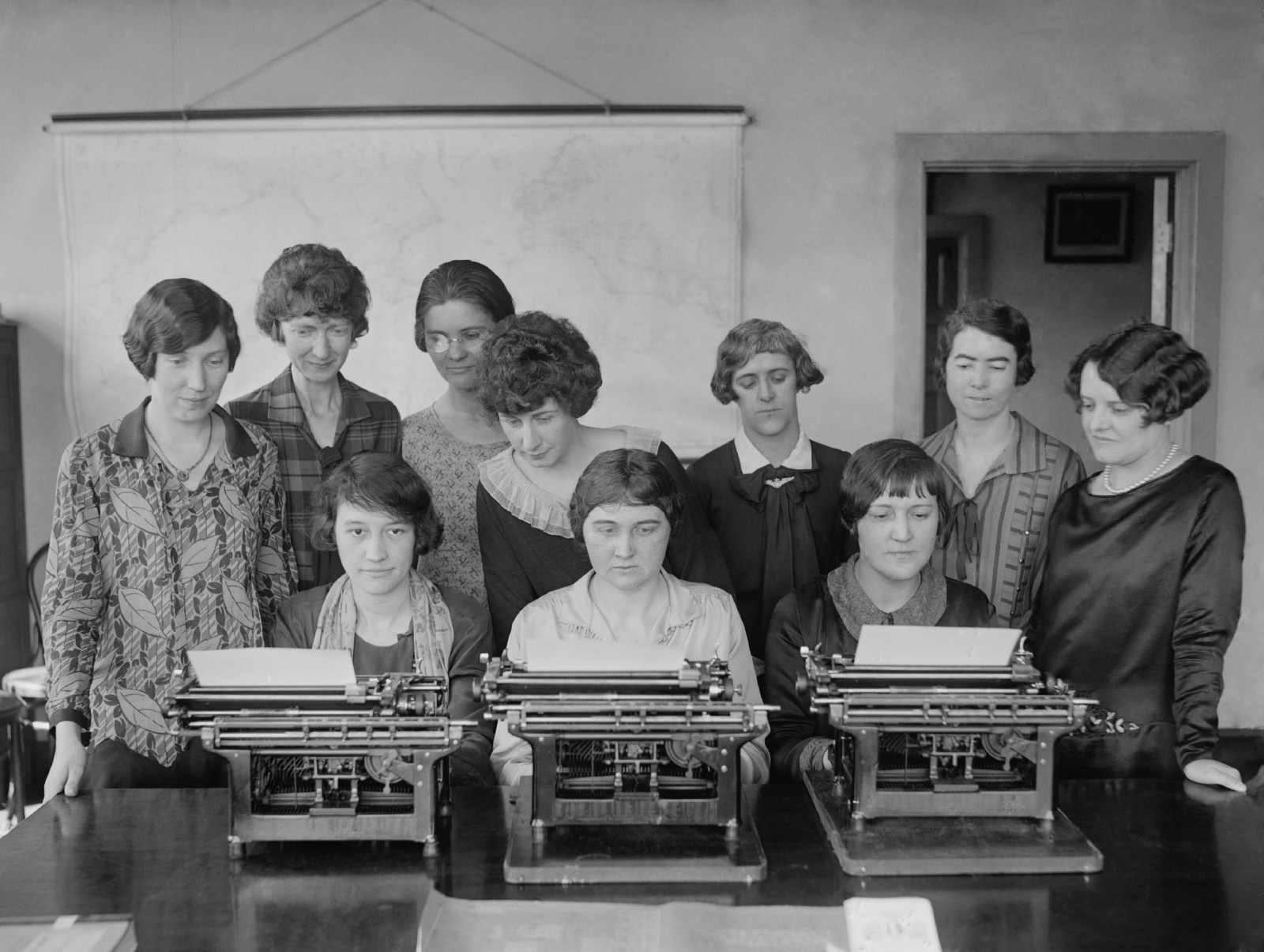How to forge the path to an equitable post-covid economic recovery, according to UN Women

How to pave the way to a new social contract in the global post-covid economic recovery: Covid-19 has had a disproportionate effect on women, who are bearing the brunt of the economic, healthcare, and environmental crises that spiraled in the aftermath of the pandemic, according to UN Women. These crises and how they intersect are “deeply rooted” in a global system that “freerides on women’s unpaid and underpaid labour, exploits the natural environment and has led to an extreme concentration of wealth and power among the few while causing a deep sense of insecurity among the many,” the organization says in its Feminist Plan for Sustainability and Social Justice report (pdf).
What are the issues women are facing? The report indicates that women lost their jobs at an alarming rate, with one in five women across 45 countries saying they fell out of employment during the pandemic. This phenomenon was exacerbated by the childcare crisis: As schools and daycare centers shut down, many women were forced to leave the workforce to tend to their children at home. This trend did not hold up among partnered men with children, as a larger proportion of women with children took on childcare responsibilities. Women also bore the brunt of providing care for ill family and community members, the report says. The pandemic and shift to WFH also pushed up domestic abuse rates, and expects a jump in child marriage and FGM rates as more girls stayed home from school.
These aftershocks have been even more pronounced across the developing world, where many women earn their income from the informal economy. Nationwide lockdowns in early 2020 as the virus that causes covid-19 first began to spread “prevented almost three-quarters of informal workers from doing their jobs in April 2020,” according to the report. While income fell “dramatically” across the board, women’s average earnings dropped to 19% of their pre-covid levels, while men saw their earnings fall to around 25% of what they were before the pandemic. And once lockdowns began to ease, women’s earnings recovery lagged that of men — as of mid-2020, men’s average earnings rebounded to 65% of pre-covid levels, compared to 50% for women.
Egypt is no exception — although the specifics diverge a little from the global trend: The jobless rate here at home skyrocketed to a near two-year high in 2Q2020, with Capmas data indicating that a large number of working women left the workforce to stay home and look after kids or other family members. Women in Egypt shed jobs at a faster rate than men, but this trend was predominant in the informal sector and among women working in private sector jobs, Deputy Country Representative at UN Women Egypt Gielan El Messiri told Enterprise. Many of those who exited the workforce were forced to do so as they took on the burden of childcare. Women working in the public sector typically have greater levels of job protection than those who have private sector jobs, according to El Messiri.
Also not helping matters: Concerns about the short-term side effects of vaccination. Across Africa, many women who are primary or sole breadwinners are refusing to take the vaccine over fears that the side effects of inoculation — including fatigue and fever — could force them to miss out on even a single day of work. This concern, coupled with misinformation about the jabs reducing chances of childbearing, is widening the gender gap in vaccination levels across the continent, and ultimately slowing down efforts to put an end to the pandemic.
So, how can we go about fixing these issues? Progressive taxation to address gender imbalances in tax policies, improving workplace safety and expanded social protections for women are among the many policy prescriptions outlined in the report that could help create a more just and equitable economy in the aftermath of the pandemic. The report also stresses the need for a “big public investment push” to lay the foundation for structural transformation, including investments in the care economy, and creating jobs for women in the green economy. These policies would help trigger “a much faster decline in unemployment than a strategy that stifles recovery through premature austerity and budget cuts.”
How Egypt is faring on these policy prescriptions: At the outset of the pandemic, the government deepened its investments in the Takaful and Karama welfare programs, which was first introduced in 2015 and primarily support poor women and children. UN Women Egypt has been working on advancing progressive taxation in Egypt and has also been working with state authorities to “deepen the work that is happening around gender-responsive budgeting” and to account more for the implications of expenditure on women and men, according to El Messiri.